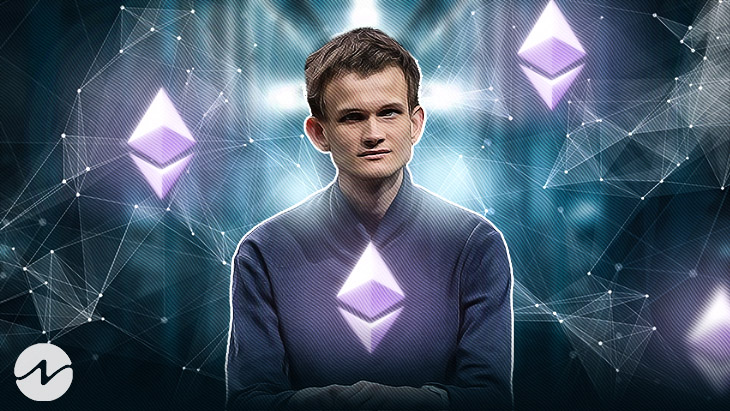- Vitalik Buterin says that the privacy issue is the current most significant problem for Ethereum.
- A stealth address enables asset transfers without the need for prior communication with the recipient.
Vitalik Buterin, the co-founder of Ethereum, reveals that the open-source blockchain platform is experiencing a major challenge. In a recent blog post, Buterin claimed that Ethereum’s current most significant problem is a privacy issue. He also pointed out the requirement for a solution to address the privacy issue.
The blog post conveys:
By default, anything that goes onto a public blockchain is public. Increasingly, this means not just money and financial transactions, but also ENS names, POAPs, NFTs, soulbound tokens, and much more. In practice, using the entire suite of Ethereum applications involves making a significant portion of your life public for anyone to see and analyze.
The blog post also discloses that privacy is a huge concern for every blockchain. However, to enhance this, Buterin came up with a feature called “stealth addresses.”
Vitalik’s Initiative for Ethereum
A stealth address is a one-time address that conceals the sender’s public key to prevent payment tracing. It enables asset transfers without the need for prior communication with the recipient and permits recipients to confirm receipt of a transfer without engaging with the blockchain.
Under this, Vitalik Buterin says that the utilization of stealth addresses is the most effective way to deal with privacy issues on the Ethereum blockchain at present. According to Buterin, by providing built-in options for implementing stealth addresses natively, the crypto wallets could aid users in taking advantage of them.
Vitalik added:
Basic stealth addresses can be implemented fairly quickly today and could be a significant boost to practical user privacy on Ethereum. They do require some work on the wallet side to support them. That said, it is my view that wallets should start moving toward a more natively multi-address model for other privacy-related reasons as well.
However, stealth addresses will bring up a few longer-term usability issues, which include social recovery difficulties. The issues can be resolved in the long run, but it appears that the ecosystem for stealth addresses will be very dependent on zero-knowledge proofs.








